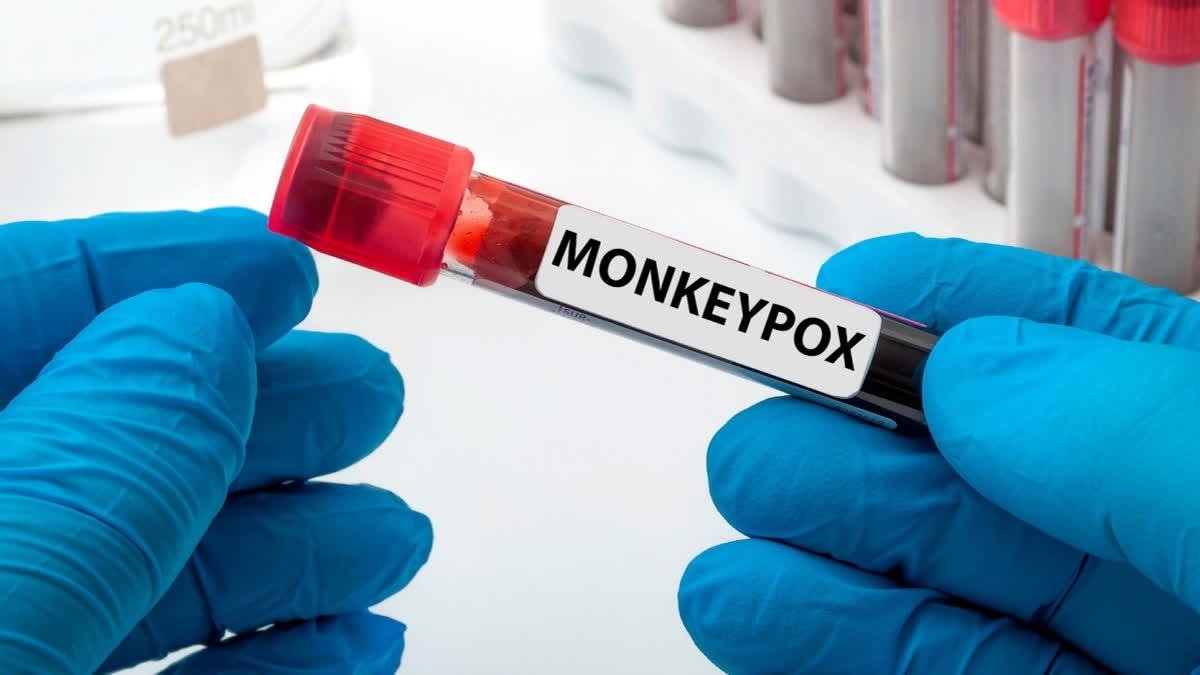New York: US researchers have developed a first-ever rapid test for mpox, more commonly known as monkeypox, that uses nanoparticles to detect the highly infectious disease within minutes. Current tests require healthcare providers to swab lesions and send the samples to labs to be tested, which can take several days.
But the novel selective molecular sensor, developed by the team from Pennsylvania State University (Penn State) can detect the virus within minutes, without the use of any high-end instrumental techniques like polymerase chain reaction (PCR). The technique, reported in the journal Advanced Functional Materials, uses nanomaterials heterostructures - zero-dimensional spherical gold nanoparticles and two-dimensional hafnium disulfide nanoplatelets - as building blocks to create a platform technology suitable for detecting trace amounts of genetic materials in biological samples.
"This is a major breakthrough in terms of how we manage the virus, as it is the first rapid test for mpox," said Dipanjan Pan, Professor in Nanomedicine at Penn State. "We were interested in developing a sensitive detection method for pathogens generally, and also wanted to apply the concept to an emerging pathogen like mpox, because there is a real-world urgency for this rapid nucleic acid test. There will be a significant impact on public health as a result of this technology," Pan said.
Also read: Pediatric TB found to affect lung function, growth post-recovery
Importantly, with slight modification of the molecules used for targeting the genetic sequences, the same method can be applied to specifically detect other viruses, bacteria or fungi. "This technique does not require expensive equipment or skilled personnel, and it can be tailored for future mutations or emerging pathogens," Pan said.
Mpox virus is transmitted primarily through close physical contact and causes a disease with symptoms similar to smallpox, although less severe. Since May of 2022, the virus has spread into more than 100 countries and caused over 86,900 infections across the world with approximately one-third of global cases concentrated in the US.
Currently, therapeutics and two-dose vaccines remain insufficient at stopping contagion, leaving rapid diagnosis as the only option for disease containment, Pan explained. PCR is the only available FDA-approved test known for mpox, despite its limitations of complex sample collection, transportation and insufficient access to advanced instrumental facilities. A rapid test, requiring only a small sample of lesion swab and short wait time for results, could dramatically slow the rate of transmission for the virus, he added. (IANS)
(This story has not been edited by ETV Bharat and is auto-generated from a syndicated feed.)



